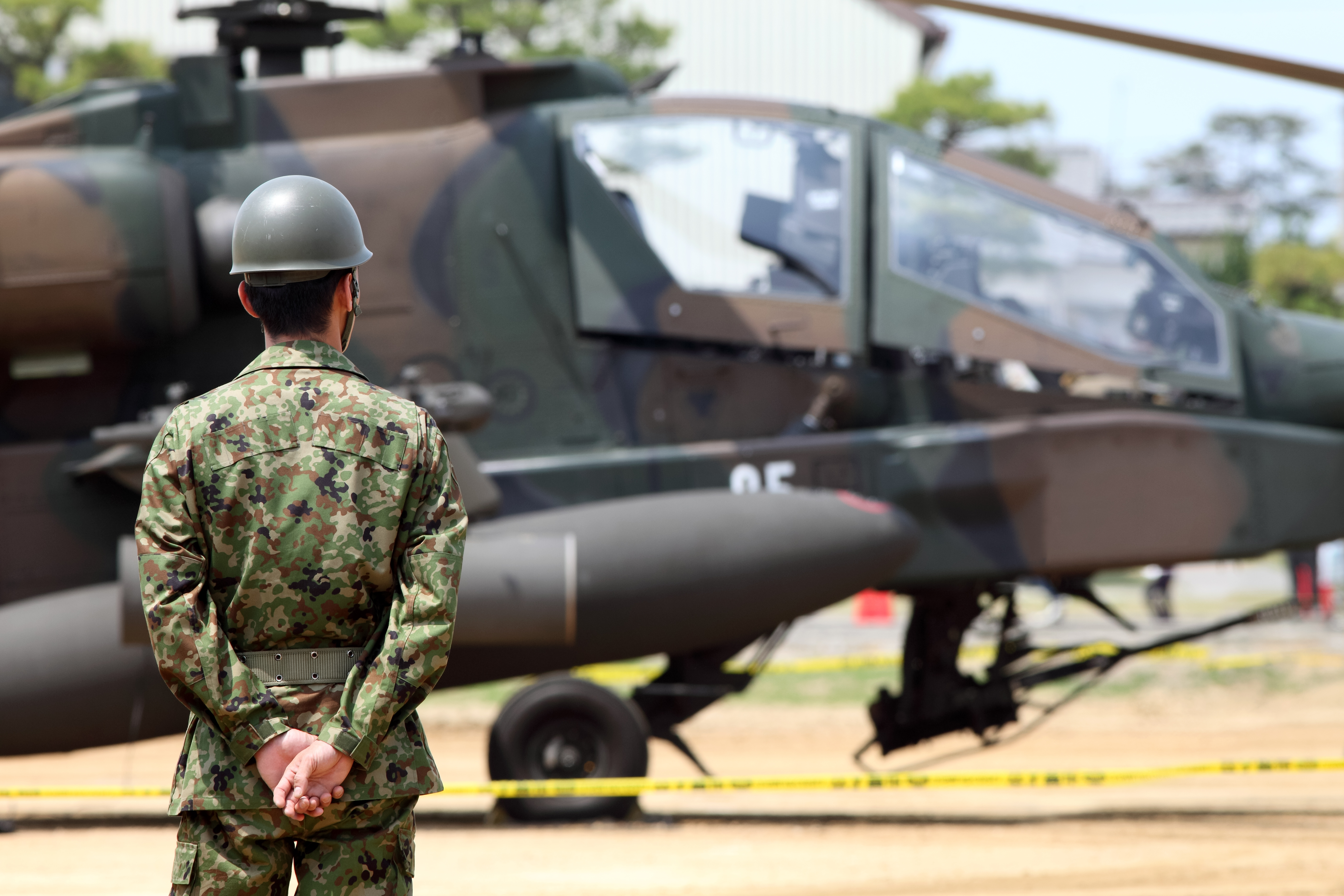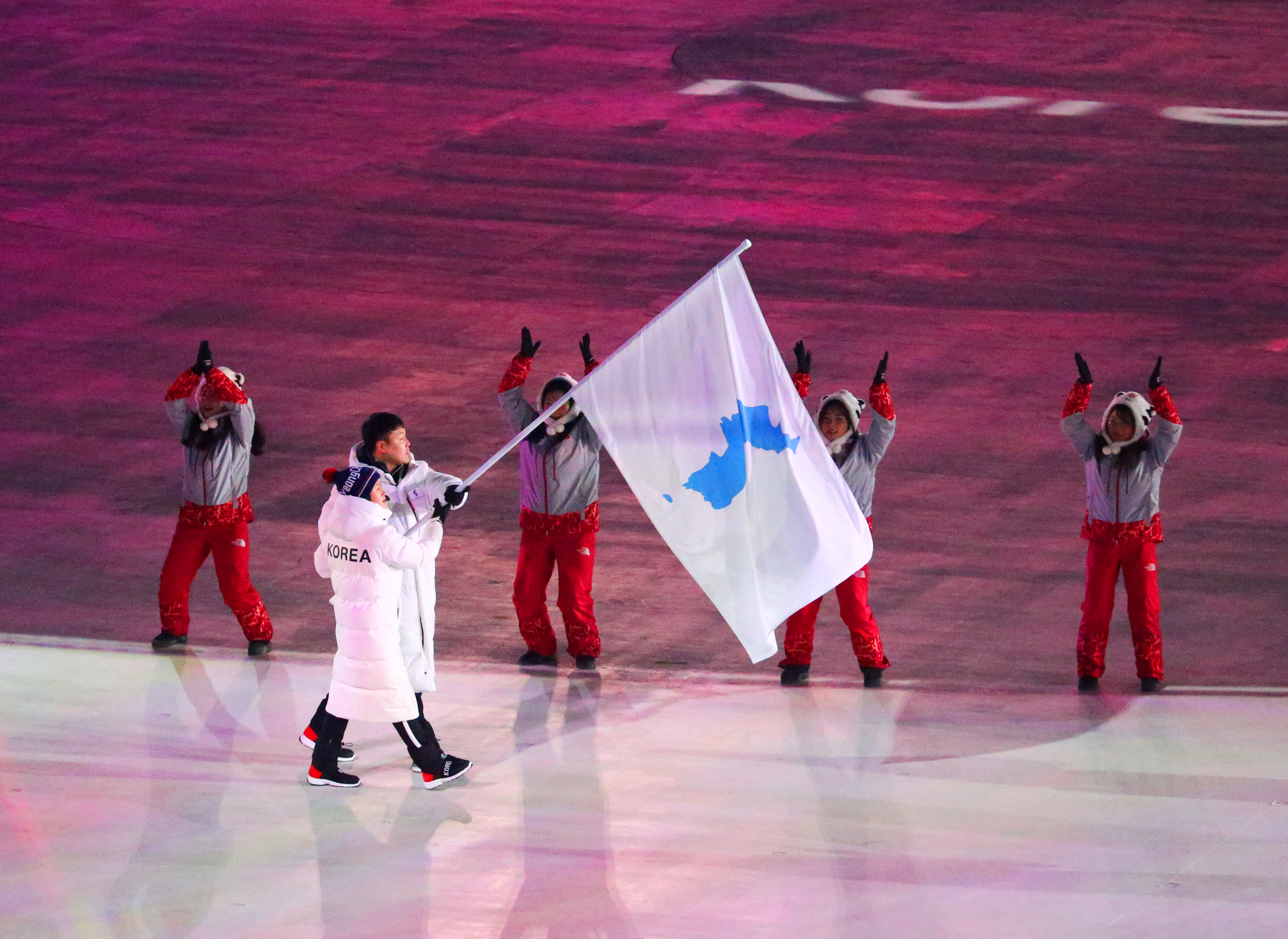
NK Update for August 2021
Special Report | September 03, 2021
Minah Kang
Ph.D. Applicant in the Department of Political Science at Johns Hopkins University
In this month’s NK Update, Minah Kang, Ph.D. applicant in the Department of Political Science at Johns Hopkins University writes on the following four issues pertaining to North Korea and the East Asian regional order. Japan is to monitor North Korea’s illicit maritime activities with other members in the Quad. In the 22nd ASEAN Plus Three meeting, Japan raised the issue of North Korea’s abductions of Japanese citizens. North Korea raised criticism over U.S.-ROK joint military exercises based on interpretations that the exercises had political motives. Lastly, the Korean Central News Agency demanded an apology from Japan over its occupation of Korea and condemned trends of militarization in Japan on National Liberation Day (August 15).
Japan to monitor North Korea’s illicit maritime activities in cooperation with the U.S., Australia and India
The U.S., Japan, Australia and India, the main parties in the Free and Open Indo-Pacific (FOIP) Strategy, held an online meeting on August 12, 2021. The four countries discussed topics related to the basic initiatives of the FOIP such as marine security, anti-terrorism, cyber security, and humanitarian aid; North Korea also emerged as an important regional issue. Specifically, Japan has cooperated with Australia to strengthen its monitoring of North Korea’s illicit maritime activities, prohibited by United Nations Security Council Resolutions (UNSCRs), primarily using Kadena Air Base. Ship-to-ship transfers with North Korean-flagged vessels are a key example of such illicit maritime activity. Japan’s Ministry of Foreign Affairs views such surveillance as an effective way of both implementing UNSCRs and achieving the “complete, verifiable, and irreversible denuclearization (CVID)” of North Korea’s weapons of mass destruction with cooperation from the international society.
Japan makes an appeal on North Korea’s abductions of Japanese citizens at the ASEAN Plus Three meeting
The 22nd ASEAN Plus Three Foreign Ministers’ Meeting, EAS Foreign Ministers’ Meeting, and the 28th ASEAN Regional Forum Ministerial Meeting were held one after another, each respectively on August 3, August 4, and August 6, 2021. Japan expressed that it respected and prioritized the ASEAN Outlook on the Indo-Pacific (AOIP) as it follows the basic directions of the FOIP. By creating a bond of sympathy, Japan emphasized the importance of achieving the CVID of North Korea’s nuclear weapons by carrying out UNSCRs, which include countering ship-to-ship transfers with North Korean-flagged vessels. (It is also worth noting that North Korea’s Ministry of Foreign Affairs thinks highly of ASEAN as a regional alliance as it upholds mutual respect of sovereignty and the principle of nonintervention.) Not only that, but the Japanese government also asked for continued interest and support in resolving the issue of North Korea’s abductions of Japanese citizens. Toshimitsu Motegi, the Japanese Minister of Foreign Affairs, reconfirmed the Japanese government’s will to normalize relations with North Korea to resolve issues regarding the abductions, North Korea’s nuclear and missile program, and unfortunate historical happenings. The Japanese government also not only expressed support for resuming U.S.-DPRK talks, but also its desire to hold unconditional meetings with North Korean leader Kim Jong Un.
Japan has also continuously asked for interest and cooperation in resolving North Korea’s abductions with non-ASEAN countries, such as Iraq, Turkey, Israel, Palestine and Egypt, during bilateral foreign ministers’ meetings.
U.S.-ROK joint military training and North Korea’s criticism
U.S.-ROK joint military exercises were held from August 16 to 26, 2021. Consequently, the North Korean government criticized the training through an official report from their Ministry of Foreign Affairs. Kim Yo-jong, vice department director of the Central Committee of the Workers' Party, said that the military exercises, regardless of their scale or form, were rehearsals for invasion as they are equivalent to practice for a nuclear war that focused on a pre-emptive strike against North Korea. Going further, she also said that phrases such as ‘diplomatic engagement’ and ‘dialogue with no strings attached’ touted by the present U.S. administration is hypocrisy. Additionally, she claimed that the North Korean government will strengthen its capacity for absolute deterrence, or in other words, its capability for pre-emptive strikes, in accordance to the principle of power for power and goodwill for goodwill to respond to U.S.’ military threat.
Furthermore, North Korea’s Ministry of Foreign Affairs also reported that Wang Yi, China’s Foreign Minister and a State Councilor, pointed out that that U.S.-ROK joint military exercises could cause political tension. Yi is of the opinion that sanctions against North Korea must be relieved to break the current stalemate as North Korea has stopped its nuclear and long-range ballistic missile launch tests for the past few years. North Korea’s Ministry of Foreign Affairs also quoted a researcher at the Shanghai Institutes for International Studies, stating that the joint training was not regular military training; rather it was political in character as they were held under special geopolitical conditions. North Korea concluded that the U.S. enforced the joint training not to ensure regional security, but as a means to pressure them.
National Liberation Day and denunciation of Japan’s militarization
To celebrate National Liberation Day on August 15, North Korea’s Korean Central News Agency (KCNA) demanded that Japan apologize for war crimes it committed during the Japanese occupation of Korea. The agency also denounced Japan’s current state of militarization. North Korea stated that Japan’s decision to implement the latest fighter jets in the Japanese Air Self Defense Force, positioning F-35A stealth jets at the Komatsu Base in Ishikawa Prefecture and F-35B stealth jets at the Nyutabaru Base in Miyazaki Prefecture, goes beyond self-defense and that Japan is instead intent to invade. North Korea also estimated that the current military power of Japan’s Maritime Self-defense Force is on par with that of the dissolved Imperial Japanese Navy. The Japanese Minister of Defense announced plans for Izumo, Japan’s largest warship, to operate F-35B jets, and the KCNA indicated in its editorial that such modifications violate Japan’s Peace Constitution. North Korea stated that the purpose of these modifications is not to improve equipment, but to become “a country capable of war”.
Meanwhile, Kitae Lee, Director of Peace Research at the Korea Institute for National Unification analyzed that the most important factor in improving DPRK-Japan relations is restoring ROK-Japan relations. He stated that the Moon Jae-in administration has a tendency to approach inter-Korean, DPRK-Japan, and ROK-Japan relations via independent bilateral ties and that there is a need to see things from the perspective of ROK-DPRK-Japan trilateral relations.■
■ Minah Kang is a Ph.D. applicant in the Department of Political Science at Johns Hopkins University. Her research interests include International Influences on Domestic Politics, State-Society Relations, Political Exclusion, Identity and Otherness, Global History of Cold War and East Asia, and Korean War. She has obtained her B.A. Political Science and International Relations & Women’s studies and M.A. in Political Science and International Relations at Ewha Womans University.
■ Typeset by Seung Yeon Lee Research Associate
For inquiries: 02 2277 1683 (ext. 205) | slee@eai.or.kr
NK Update

International Cooperation for North Korea's Infrastructure Development and ROK-Japan Relations
Junghwan Lee | August 31, 2021

DPRK-Japan Relations: Paving a New Path for Trilateral Relations between ROK, DPRK, and Japan
Kitae Lee | August 20, 2021

Policy Suggestions for the Incorporation of Sports in Improving Inter-Korean Relations
Heung-Tae Kim | August 13, 2021
LIST